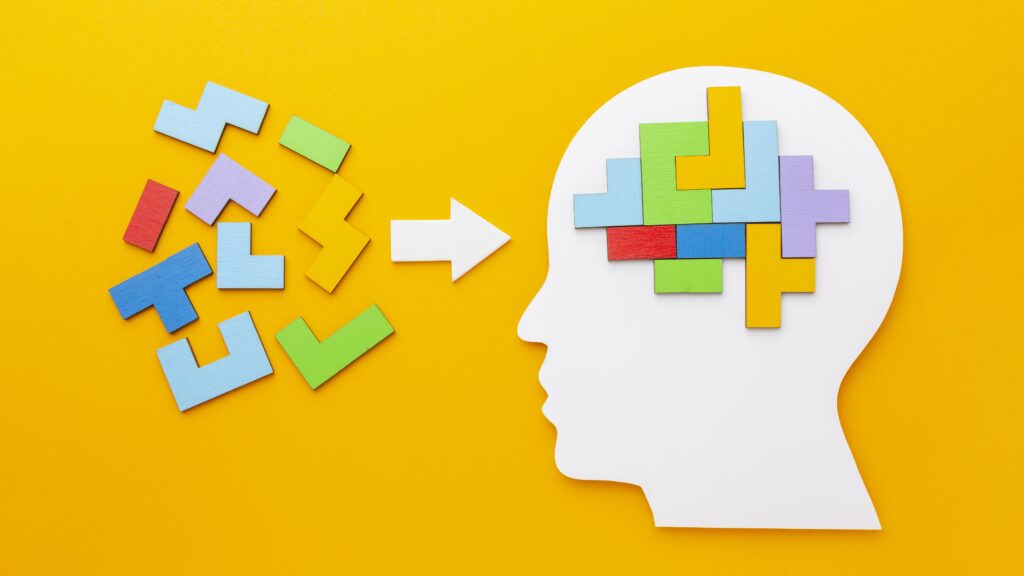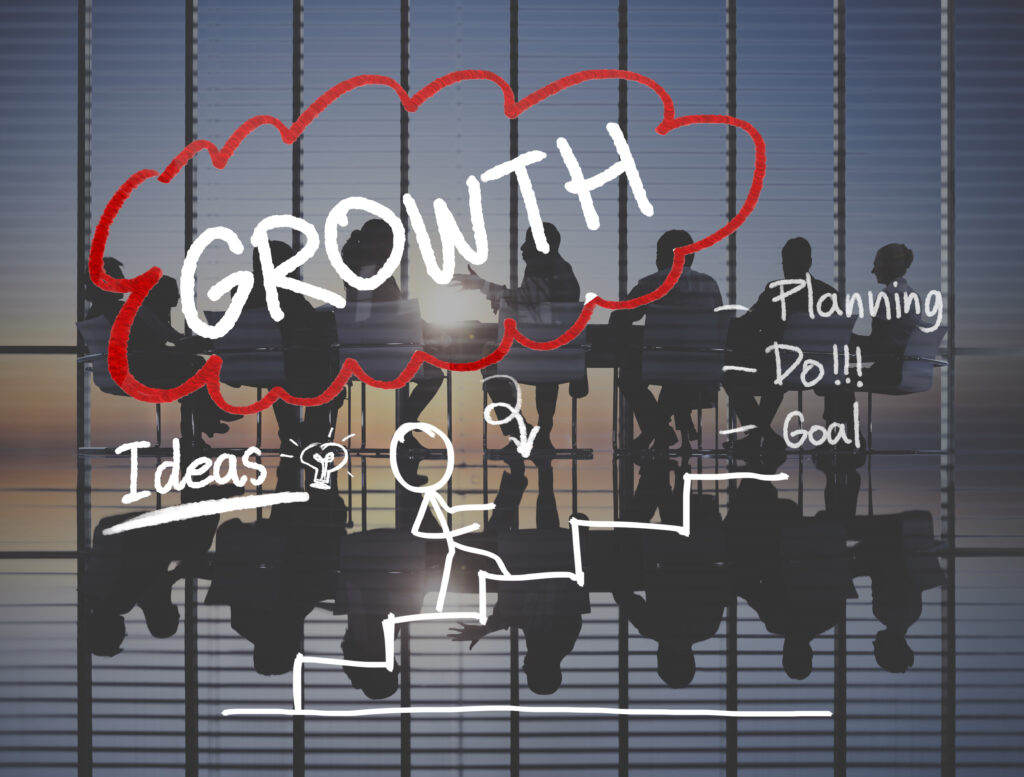
Engineers are generally seen as the masterminds behind complicated systems, novel solutions, and technological developments in today’s fast-paced and technologically-driven society.
Nonetheless, as the demands of the job change, a greater focus is being placed on soft skills—the interpersonal qualities that allow people to communicate with each other in a productive and harmonious manner. In-demand engineers require more than simply technical know-how, particularly those entering the workforce. They must become experts in teamwork, communication, and flexibility.
Engineers are generally seen as the masterminds behind complicated systems, novel solutions, and technological developments in today’s fast-paced and technologically-driven society.
Nonetheless, as the demands of the job change, a greater focus is being placed on soft skills—the interpersonal qualities that allow people to communicate with each other in a productive and harmonious manner. In-demand engineers require more than simply technical know-how, particularly those entering the workforce. They must become experts in teamwork, communication, and flexibility.
Introduction: The Significance of Soft Skills for Engineers
Introduction: The Significance of Soft Skills for Engineers
Assume that while engineers are skilled system designers, they struggle to effectively communicate their concepts, leading to misunderstandings and unsuccessful projects. This instance highlights the critical importance of soft skills for Engineers.
Technical knowledge must be translated into commercial outcomes with more than just “nice to have” skills. Engineers with soft skills are able to lead projects, manage teams, and efficiently manage their time, among other things.
Assume that while engineers are skilled system designers, they struggle to effectively communicate their concepts, leading to misunderstandings and unsuccessful projects. This instance highlights the critical importance of soft skills for Engineers.
Technical knowledge must be translated into commercial outcomes with more than just “nice to have” skills. Engineers with soft skills are able to lead projects, manage teams, and efficiently manage their time, among other things.
Describe Soft Skills
Describe Soft Skills

It’s important to clarify what soft talents are before getting into the details. Soft skills are more concerned with interpersonal interactions than hard skills, which are the technical know-how and talents needed to complete particular tasks. These comprise, among other things, emotional intelligence, problem-solving, cooperation, and communication. Engineers need these abilities because they frequently work in diverse teams, where successful collaboration and communication are essential.
It’s important to clarify what soft talents are before getting into the details. Soft skills are more concerned with interpersonal interactions than hard skills, which are the technical know-how and talents needed to complete particular tasks. These comprise, among other things, emotional intelligence, problem-solving, cooperation, and communication. Engineers need these abilities because they frequently work in diverse teams, where successful collaboration and communication are essential.
Effective Communication: The Foundation of Teamwork
Effective Communication: The Foundation of Teamwork

The cornerstone of any engineering project’s success is effective communication. Even the most brilliant ideas might be misunderstood if there is a lack of clear and precise communication. Whether they are communicating with stakeholders, clients, or other engineers, engineers need to be able to translate complicated ideas into understandable language.
Its capacity to convert technical jargon into understandable language guarantees that all parties are in agreement.
The cornerstone of any engineering project’s success is effective communication. Even the most brilliant ideas might be misunderstood if there is a lack of clear and precise communication. Whether they are communicating with stakeholders, clients, or other engineers, engineers need to be able to translate complicated ideas into understandable language.
Its capacity to convert technical jargon into understandable language guarantees that all parties are in agreement.
The Other Side of Communication: Active Listening
The Other Side of Communication: Active Listening
Listening is equally as important to communication as speaking. Active listening means paying close attention, comprehending what is being said, answering, and then recalling what was said. This calls on engineers to listen intently to criticism, comprehend the needs of their clients, and thoughtfully address the ideas of their peers.
Listening is equally as important to communication as speaking. Active listening means paying close attention, comprehending what is being said, answering, and then recalling what was said. This calls on engineers to listen intently to criticism, comprehend the needs of their clients, and thoughtfully address the ideas of their peers.
Cooperation and Teamwork: Creating Stronger Teams
Cooperation and Teamwork: Creating Stronger Teams

Rarely are engineering tasks undertaken alone. Usually, they entail groups of experts with various skill sets cooperating to achieve a shared objective. For engineers, teamwork is consequently an essential soft skill. It entails not just getting along with people but also recognising and utilising the individual strengths of each team member in order to get the greatest results.
Rarely are engineering tasks undertaken alone. Usually, they entail groups of experts with various skill sets cooperating to achieve a shared objective. For engineers, teamwork is consequently an essential soft skill. It entails not just getting along with people but also recognising and utilising the individual strengths of each team member in order to get the greatest results.
Working Together in Multidisciplinary Teams
Working Together in Multidisciplinary Teams
Engineers frequently collaborate in diverse teams with individuals from various cultural and educational backgrounds in today’s globalised society. Open communication, mutual respect, and an eagerness to pick up new skills are necessary for productive teamwork in these settings. The importance of this cultural competency is rising along with the diversity of the engineering workforce.
Engineers frequently collaborate in diverse teams with individuals from various cultural and educational backgrounds in today’s globalised society. Open communication, mutual respect, and an eagerness to pick up new skills are necessary for productive teamwork in these settings. The importance of this cultural competency is rising along with the diversity of the engineering workforce.
Critical Thinking and Problem-Solving
Critical Thinking and Problem-Solving

Fundamentally, engineering is the study of problem solving. To get the best answers, though, requires more than just applying formulas and following instructions. You also need to use critical and creative thinking.
Analysing circumstances, weighing possibilities, and coming to conclusions based on logic and evidence are all parts of critical thinking. For engineers to solve complicated problems and negotiate challenging situations, this ability is critical.
Fundamentally, engineering is the study of problem solving. To get the best answers, though, requires more than just applying formulas and following instructions. You also need to use critical and creative thinking.
Analysing circumstances, weighing possibilities, and coming to conclusions based on logic and evidence are all parts of critical thinking. For engineers to solve complicated problems and negotiate challenging situations, this ability is critical.
Innovative Approaches to Solving Issues
Innovative Approaches to Solving Issues
Creative problem-solving about thinking beyond the box, whereas critical thinking is about following logic. In the industry, engineers who can solve challenges creatively and from multiple perspectives are highly regarded. The distinguishing factor between successful engineers is their blend of analytical and creative thinking.
Creative problem-solving about thinking beyond the box, whereas critical thinking is about following logic. In the industry, engineers who can solve challenges creatively and from multiple perspectives are highly regarded. The distinguishing factor between successful engineers is their blend of analytical and creative thinking.
Adaptability: thriving in a constantly changing setting
Adaptability: thriving in a constantly changing setting

The engineering sector is always changing as new challenges, technology, and methodologies appear on a regular basis. In order to succeed in such a dynamic setting, engineers need to be flexible.
Being adaptable entails being willing to venture beyond of your comfort zone, learn new abilities, and be open to change. It all comes down to having an adaptable strategy and being strong when things don’t go as planned.
The engineering sector is always changing as new challenges, technology, and methodologies appear on a regular basis. In order to succeed in such a dynamic setting, engineers need to be flexible.
Being adaptable entails being willing to venture beyond of your comfort zone, learn new abilities, and be open to change. It all comes down to having an adaptable strategy and being strong when things don’t go as planned.
Accepting Change in the Field of Engineering
Accepting Change in the Field of Engineering
Engineers who can quickly learn new tools, technologies, and methods have a major edge in a world where technical improvements emerge at a breakneck pace. In the engineering industry, adapting to change rather than fighting it is essential to being competitive and relevant.
Engineers who can quickly learn new tools, technologies, and methods have a major edge in a world where technical improvements emerge at a breakneck pace. In the engineering industry, adapting to change rather than fighting it is essential to being competitive and relevant.
Emotional Intelligence: Self-Awareness and Social Understanding
Emotional Intelligence: Self-Awareness and Social Understanding

The capacity to recognise, comprehend, and regulate both your own and other people’s emotions is known as emotional intelligence (EI). For engineers, this entails having empathy for both clients and coworkers as well as being conscious of how your emotions affect your work and interactions. Stronger leadership, improved teamwork, and improved communication are all correlated with high EI.
The capacity to recognise, comprehend, and regulate both your own and other people’s emotions is known as emotional intelligence (EI). For engineers, this entails having empathy for both clients and coworkers as well as being conscious of how your emotions affect your work and interactions. Stronger leadership, improved teamwork, and improved communication are all correlated with high EI.
The Empathy Gap in Engineering
The Empathy Gap in Engineering
One of the most important aspects of emotional intelligence is empathy. It entails sharing and comprehending other people’s emotions. Empathy in engineering helps you comprehend the wants and needs of your customers, coworkers, and end users. Improved working relationships and more user-friendly designs can result from this understanding.
One of the most important aspects of emotional intelligence is empathy. It entails sharing and comprehending other people’s emotions. Empathy in engineering helps you comprehend the wants and needs of your customers, coworkers, and end users. Improved working relationships and more user-friendly designs can result from this understanding.
Time Management: Handling Many Tasks at Once
Time Management: Handling Many Tasks at Once

Engineers frequently manage several jobs and projects at once. It’s simple to get overwhelmed if you lack good time management techniques. Setting reasonable deadlines, maintaining organisation, and prioritising work are all part of time management. You can guarantee that tasks are finished on schedule and at a high degree by practicing good time management.
Engineers frequently manage several jobs and projects at once. It’s simple to get overwhelmed if you lack good time management techniques. Setting reasonable deadlines, maintaining organisation, and prioritising work are all part of time management. You can guarantee that tasks are finished on schedule and at a high degree by practicing good time management.
The Secret to Good Time Management Is Prioritisation
The Secret to Good Time Management Is Prioritisation
Every task is not created equal. Tasks should be prioritised according to their importance and urgency for effective time management. More success in projects is expected for engineers who can prioritise and identify the most important activities.
Every task is not created equal. Tasks should be prioritised according to their importance and urgency for effective time management. More success in projects is expected for engineers who can prioritise and identify the most important activities.
Leadership Techniques: Setting a Good Example
Leadership Techniques: Setting a Good Example

Leading people involves more than just controlling them; it also involves encouraging and pushing them to reach their full potential.
Developing your leadership abilities can help you take the initiative, mentor your team, and set an example even if you don’t have a formal leadership position. Strong leaders can articulate a clear vision to their team and are self-assured and determined.
Leading people involves more than just controlling them; it also involves encouraging and pushing them to reach their full potential.
Developing your leadership abilities can help you take the initiative, mentor your team, and set an example even if you don’t have a formal leadership position. Strong leaders can articulate a clear vision to their team and are self-assured and determined.
Mentoring: A Type of Guidance
Mentoring: A Type of Guidance
One essential component of leadership is mentoring. You may impart your knowledge and experience to junior engineers and help them grow professionally by serving as a mentor. This helps the mentee as well as improving your leadership abilities.
One essential component of leadership is mentoring. You may impart your knowledge and experience to junior engineers and help them grow professionally by serving as a mentor. This helps the mentee as well as improving your leadership abilities.
Ongoing Education: The Way to Professional and Personal Development
Ongoing Education: The Way to Professional and Personal Development

Sustaining one’s competitiveness in a field that is always changing requires ongoing education. This entails learning new skills and information in addition to staying current with emerging trends and technologies. A attitude that prioritises growth, curiosity, and the pursuit of perfection is continuous learning.
Sustaining one’s competitiveness in a field that is always changing requires ongoing education. This entails learning new skills and information in addition to staying current with emerging trends and technologies. A attitude that prioritises growth, curiosity, and the pursuit of perfection is continuous learning.
Engineering Lifelong Learning
Engineering Lifelong Learning
In the field of engineering, the idea of lifelong learning is especially pertinent. You can improve your career chances, stay ahead of industry developments, and continue to be a valued asset to your company by keeping your skills and knowledge up to date.
In the field of engineering, the idea of lifelong learning is especially pertinent. You can improve your career chances, stay ahead of industry developments, and continue to be a valued asset to your company by keeping your skills and knowledge up to date.
Soft Skills Significance for Professional Growth
Soft Skills Significance for Professional Growth

Soft skills will help you progress in your career while technical skills might assist you land the job. A healthy workplace atmosphere and improved team performance are two reasons why employers are placing a growing emphasis on soft skills. Soft skill-focused engineers are more likely to be trusted with major projects, given leadership roles, and promotions.
Soft skills will help you progress in your career while technical skills might assist you land the job. A healthy workplace atmosphere and improved team performance are two reasons why employers are placing a growing emphasis on soft skills. Soft skill-focused engineers are more likely to be trusted with major projects, given leadership roles, and promotions.
Differentiating Through Soft Skills
Differentiating Through Soft Skills
Soft talents can help you stand out from the competition in a crowded employment market. Companies seek engineers that possess not only the technical know-how but also the soft skills necessary to lead projects, collaborate well with others, and communicate well.
Soft talents can help you stand out from the competition in a crowded employment market. Companies seek engineers that possess not only the technical know-how but also the soft skills necessary to lead projects, collaborate well with others, and communicate well.
Concluding Remarks: The Prospects of Soft Skills in Engineering
Concluding Remarks: The Prospects of Soft Skills in Engineering

The engineering industry is constantly changing, and success in the workplace will depend more and more on soft skills. Although technical proficiency is still essential, the most exceptional engineers will possess the abilities to collaborate efficiently, communicate clearly, and adjust to changing circumstances.
Emerging engineers can improve their career chances and foster a more effective and peaceful workplace by investing in the development of soft skills.
The engineering industry is constantly changing, and success in the workplace will depend more and more on soft skills. Although technical proficiency is still essential, the most exceptional engineers will possess the abilities to collaborate efficiently, communicate clearly, and adjust to changing circumstances.
Emerging engineers can improve their career chances and foster a more effective and peaceful workplace by investing in the development of soft skills.
FAQ
FAQ
For engineers, problem-solving, communication, teamwork, flexibility, and emotional intelligence are the most crucial soft skills.
Soft skills are something that engineers may improve with training, practice, and constructive criticism. Workshops and online courses are also excellent tools.
Soft skills are something that some people may come naturally at, but they can also be learnt and developed with training and practice.
Soft skills are crucial for engineers because they provide better communication, teamwork, and professional progression.
Soft skills, which improve team chemistry, increase stakeholder communication, and make engineers more effective in leadership roles, can have a substantial impact on career advancement for engineers.

